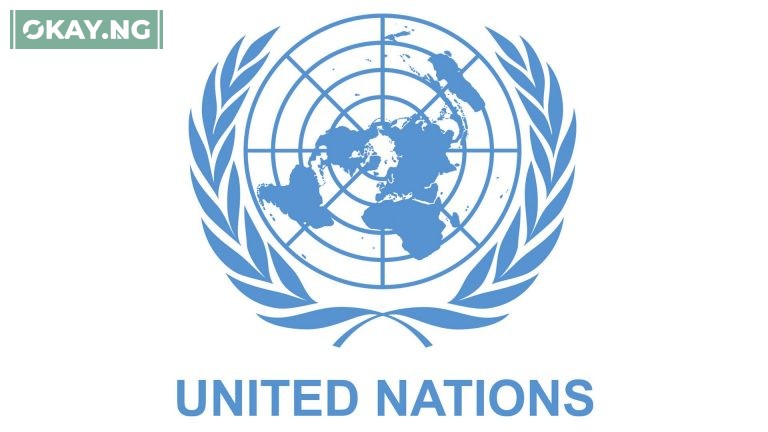The global economy is teetering on a fragile edge, warned the United Nations Department of Economic and Social Affairs (UN DESA) in a report published Thursday, citing escalating trade tensions and rising policy uncertainties as key threats.
UN DESA’s report details how tariff-driven price pressures are intensifying inflation risks, with trade-dependent economies bearing the brunt. Higher tariffs and unpredictable trade policies risk disrupting supply chains, increasing production costs, and delaying vital investments, which collectively undermine global growth prospects.
The economic downturn is widespread, affecting both advanced and emerging markets. In the United States, growth is forecasted to slow “significantly” due to the dampening effects of tariffs and policy uncertainty on private investment and consumer spending.
Developing economies such as Brazil and Mexico have also seen downward revisions in their economic outlooks. China’s growth is projected to slow from 5.0 percent in 2024 to 4.6 percent this year, attributed to weakening consumer confidence, export sector disruptions, and ongoing challenges in the property market.
Inflation remains a critical concern. By early 2025, two-thirds of nations had inflation rates above pre-pandemic averages, with more than 20 developing countries experiencing double-digit inflation. This persists despite a global easing of headline inflation between 2023 and 2024.
Food inflation is especially high in Africa and South and Western Asia, averaging over six percent and severely impacting low-income households. Trade barriers and climate shocks are further driving inflation, stressing the need for coordinated policy action.
Li Junhua, UN Under-Secretary-General for Economic and Social Affairs, cautioned, “The tariff shock risks hitting vulnerable developing countries hard.”
Central banks are caught between controlling inflation and supporting slowing economies, while many developing countries lack the fiscal capacity to respond effectively. The report highlights that this economic fragility threatens vital goals such as job creation, poverty reduction, and inequality mitigation.













